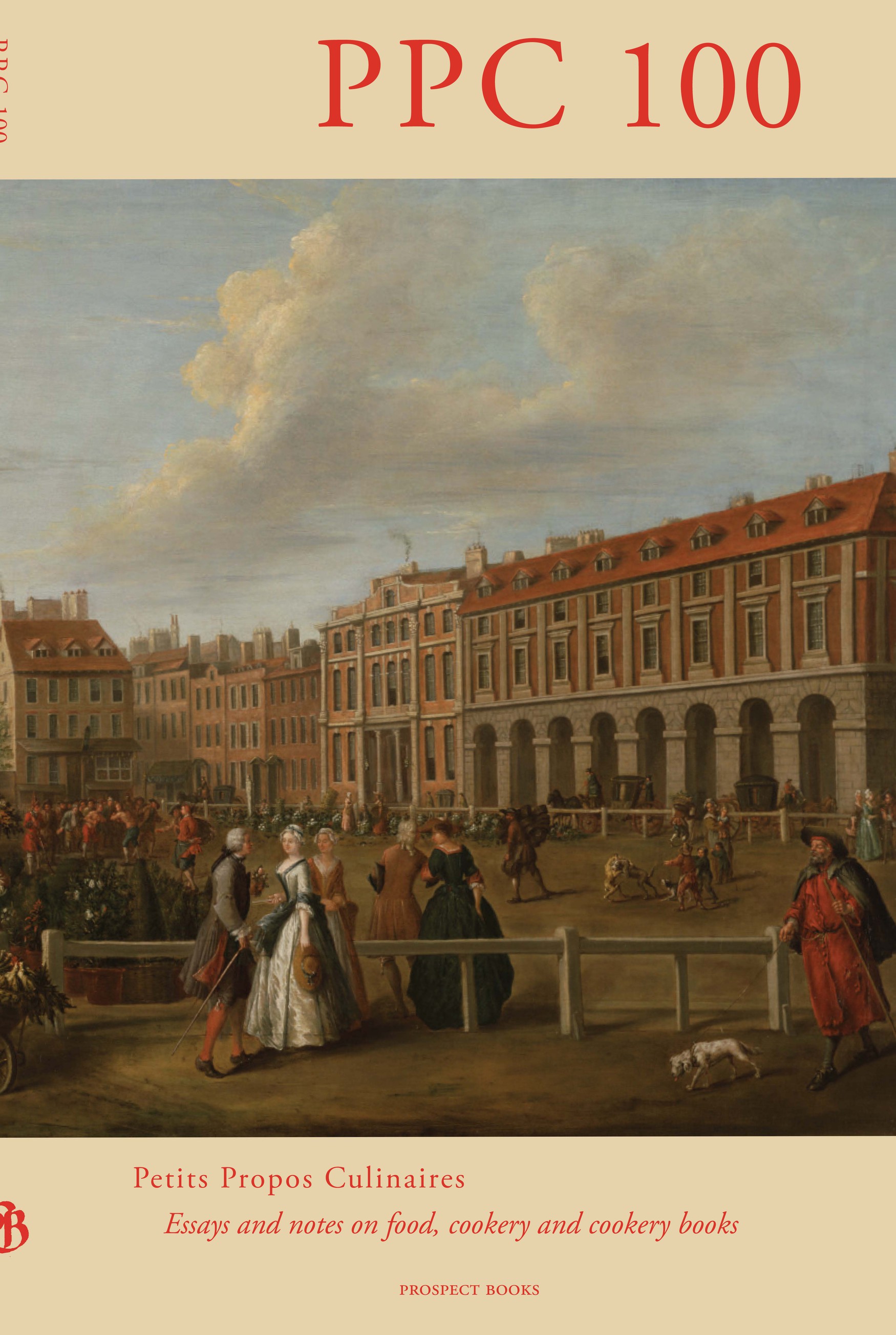How Sex is Confused with Food in the West
DOI:
https://doi.org/10.1558/ppc.28417Keywords:
metaphor, western values, popular culture, food and sexAbstract
Looks at the Western penchant for confusing food with sex, and vice versa -- the Western trope that the sensation of eating is like that of having sex or, indeed, that the pleasurable feeling one gets from eating good food equals that of experiencing an orgasm and contrasts this with Chinese culture.
References
Esther B. Aresty, The Exquisite Table. A History of French Cuisine (New York: Bobbs Merrill, 1980), p. 34.
Kenneth Bendiner, Food in Painting (London : Reaktion Books, 2004).
Caroline Bynum, ‘Fast, Feast, and Flesh. The Religious Significance of Food to Medieval Women’, in Carole Counihan & Penny van Esterik, eds., Food and Culture. A Reader (London, Routledge, 1997), pp. 138–158.
Carlo M Cipolla, Before the Industrial Revolution. European Society and Economy, 1000 1700 (London: W.W. Norton & Co, 1976), p. 6.
A.R.T. Kemasang (2013a), ‘How gangs of European desperadoes ended up colonising Asia’, Journal of Asian Politics and History, No. 2 (2013) pp. 71–98).
A.R.T. Kemasang (2013b), ‘Turtle doves, calling birds and all those Xmas carol birds ... for the pot?!’, http://www.irr.org.uk/news/turtle-doves-calling-birds-and-all-those-xmas-carol-birds-for-the-pot.
Gavin Menzies, The Year China Discovered the World (London: William Morrow & Company, 2003).
Pamela Michael, Katie Stewart, Kenneth Lo, Food for Lovers: Menus for Lovers, Affluent or Impecunious, in a Hurry or with Time to Spare (London: Paddington Press, 1977).
Willard Price, The Japanese Miracle, and Peril (London: The Japanese Miracle, and Peril, 1971).
H.D. Renner, The Origin of Food Habits (London: Faber, 1944).
Tim Richardson, Sweets; a History of Temptation (London: Bantam Press, 2002).
Robert van Gulik, Sexual Life in Ancient China: A Preliminary Survey of Chinese Sex and Society from ca. 1500 B.C. till 1644 A.D. (1961).

